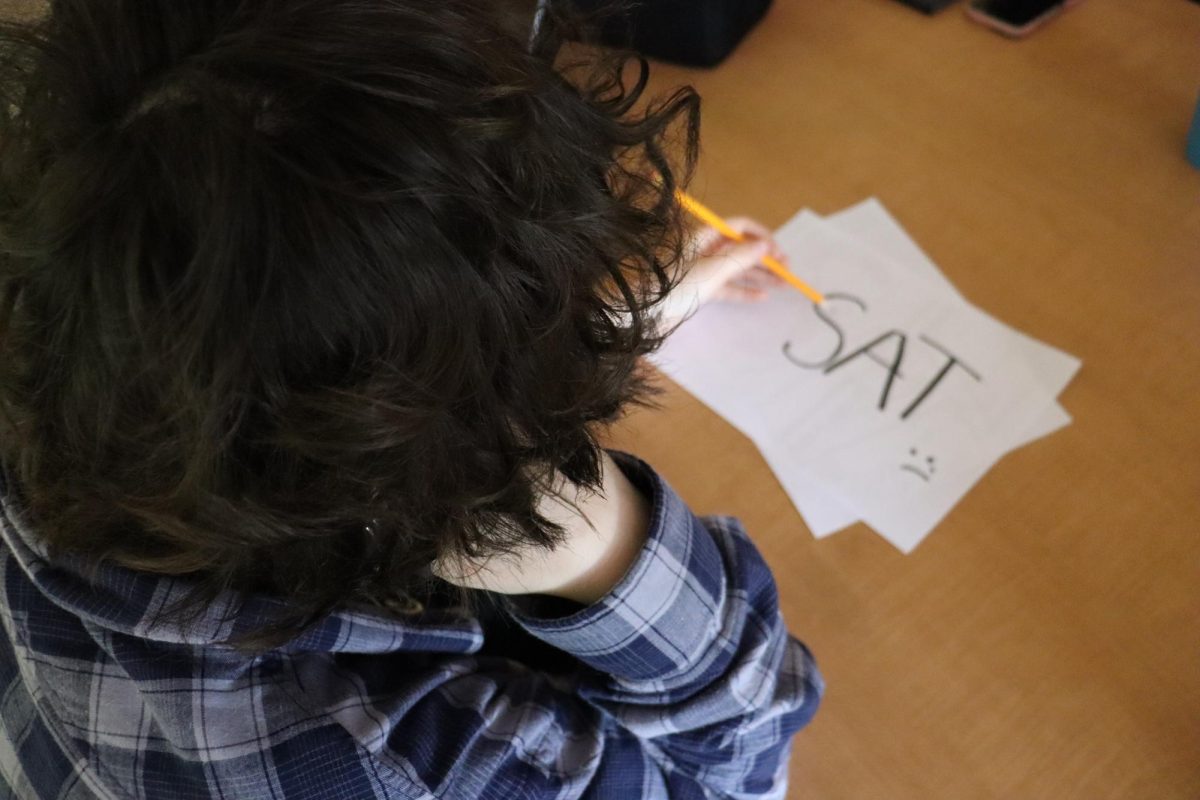Eating disorders are complex and affect all sorts of people, although roughly ages 13-25 are most commonly diagnosed. There isn’t just one cause for eating disorders there are several reasons that could be the cause, and it varies depending on the individual. The National Library of Medicine states that it could be psychological problems, genetic predispositions, family relationships, and/or sociocultural issues. Eating disorders can take a toll on anyone’s physical and mental health, causing potentially dangerous behaviors that, if left untreated, can continue throughout a persons life and even lead to fatal medical complications.
The three disorders that are most common among teenagers and young adults are anorexia, bulimia, and binge-eating disorder. Eating disorders affect people of all genders, races, and ethnicities. When two people suffer from the same eating disorder, chances are what caused the eating disorder is different for both. Knowing the possible warning signs of eating disorders can help identify a problem and seek early help.
Anorexia Nervosa
Anorexia medically referred to as Anorexia Nervosa is defined by the fear of gaining weight and the intense desire to be thin. People with anorexia tend to restrict calorie intake, they do anything and everything to avoid gaining weight. The physical symptoms of anorexia include the loss of menstruation, cold extremities, brittle nails, lightheadedness, hair loss, and significant weight loss. The behavioral symptoms include strange eating habits, expressing fear of weight gain, refusing to eat certain foods, weighing yourself frequently, social isolation, denial of hunger, and fatigue. Emotional symptoms of anorexia include depression, anxiety, easily irritated, low self-esteem, lack of motivation to engage in activities, and for some increased need for approval.
Bulimia Nervosa
Bulimia medically referred to as Bulimia Nervosa is distinguished by episodes of eating. The physical symptoms of Bulimia Nervosa include repeated episodes of eating large amounts of food in a short time and compensatory behaviors such as self-induced vomiting, over-exercise, diuretic, or laxative use. People with Bulimia Nervosa might also experience swollen glands or roundness in the jaw, lightheadedness, chest pain, heart palpitations, electrolyte imbalances, dehydration, swelling in the hands and feet, and constipation. Behavioral symptoms include: frequent trips to the bathroom, extreme/strict dieting and then overeating, hiding food, constant engagement in exercise, talking about diets/calories/food/etc., and social isolation. Emotional symptoms include depression, low self-esteem, extreme irritability, an increase in negative self-talk, and mood swings.
Binge Eating
Binge Eating Disorder is what it sounds like, a sense of loss of control around food often what it is characterized as. People who have a Binge eating disorder tend to have a sense of shame or guilt when they eat, which usually leads to them eating. Physical symptoms include: excessive lethargy, changes in sleep patterns, rapid weight gain, and feeling bloated or constipated. Behavioral symptoms include: secretive behavior around food, social isolation, erratic behavior, and self-harm. Emotional symptoms include: depression, distorted body image, low self-esteem, anxiety, dieting, and/or body shape/size, and preoccupation or obsession with food.
Eating disorders are scary but are also very treatable. Never hesitate to ask for assistance on this matter. For more information from a professional on how to treat and recognize eating disorders, check out our “Ask a Therapist” column on the community page.
[professional information in this article is gathered from the The National Library of Medicine]



















